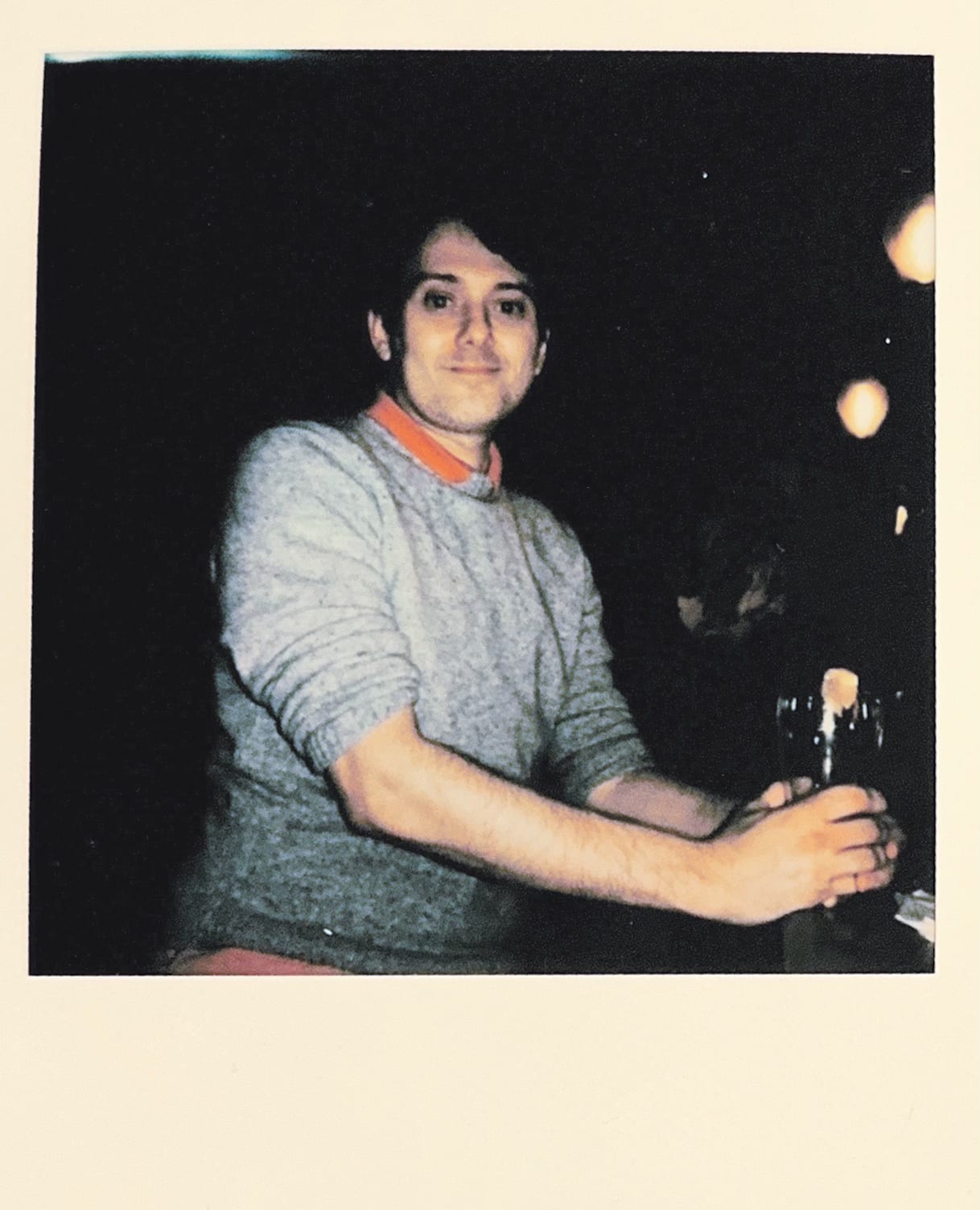Sackler family, known for ties to prestigious institutions, stays quiet on opioid crisis accusations
The Sackler family name is attached to universities and prestigious institutions around the world, from New York City to London to Beijing, but what you don't often find the name publicly tied to is the pharmaceutical company the family built – Purdue Pharma – and the deadly opioid crisis, which some family members are now accused of creating.
It's an epidemic we've covered from just about every side – from overdoses and recovery to the Drug Enforcement Administration trying to control abuse or a former Purdue pharmaceutical sales rep who fears she may have added to the problem.
But now the attorney general of Massachusetts has shifted attention to something new, alleging eight members of the Sackler family "caused much of the opioid epidemic" by controlling a "deceptive sales campaign" for their blockbuster drug OxyContin. The company calls it a "rush to vilify," claiming the attorney general "cherry-picked" from among millions of documents. A hearing in the case is scheduled for Friday in Boston. But none of the family members named in the lawsuit have commented, reports CBS News correspondent Tony Dokoupil.
"Their policy until now has been to be utterly silent, never make a comment about the opioid epidemic, and never acknowledge their connection," said Christopher Glazek, who wrote an article on the Sacklers for Esquire magazine, researching the three brothers who developed the family business: Arthur, Mortimer, and Raymond.
"They were all very avid businessmen," Glazek said. "They were all hell-bent on becoming super rich."
Arthur first got rich as a marketer, Glazek said, turning a different company's pill – Valium – into America's top-selling drug.
"Arthur's idea was, 'Why don't we take this drug and give it to all kinds of patients for all kinds of ailments, patients who have headaches, who have trouble sleeping, sexual problems?"' Glazek said.
Arthur died years before OxyContin came to market, but Glazek said his brothers and their families applied Arthur's marketing methods to sell it as widely as possible. It turned them into one of the 20 richest families in the U.S., according to Forbes, with a multi-billion dollar fortune. But they kept a very low profile.
The Sackler family has homes all over the world, including on one of the most exclusive blocks in New York City. But while members of the family have sat on the board of Purdue Pharma for decades, none has ever sat for an interview. Dokoupil stopped by their homes in hopes of changing that. Security turned us away from one of the homes, but nearby, it was easy to find signs of the Sacklers' influence.
Their name is tied to the Guggenheim Museum, the American Museum of Natural History, and London's Victoria and Albert Museum, where the Duchess of Cambridge attended the opening of the Sackler courtyard. There is a Sackler wing at New York's famed Metropolitan Museum of Art, where last year dozens of protesters tossed pill bottles inside, calling it a "temple of greed."
The only Sackler willing to talk to us was Arthur's widow, Jillian, who notes Arthur died long before the opioid crisis. Unlike his brothers Mortimer and Raymond, she said, his branch of the family never profited from it. She told CBS News Arthur "would be horrified" about his relatives' alleged actions, adding "he never would have tolerated [the] deception that masked how this drug was addictive."
"This is much bigger than the Sacklers now. This is about the Guggenheim. This is about the Met. This is about the Natural History Museum. It's about … Tufts," Glazer said. "America's elite institutions are in so deep with the Sacklers, profiting off the opioid epidemic, there's going to have to be a reckoning."
The money many of these institutions received came long before the opioid crisis, raising the question of what – if anything – to do about it. The Metropolitan Museum of Art said it's reviewing its gift acceptance policies. Tufts said it's reviewing its connection to Purdue Pharma.



